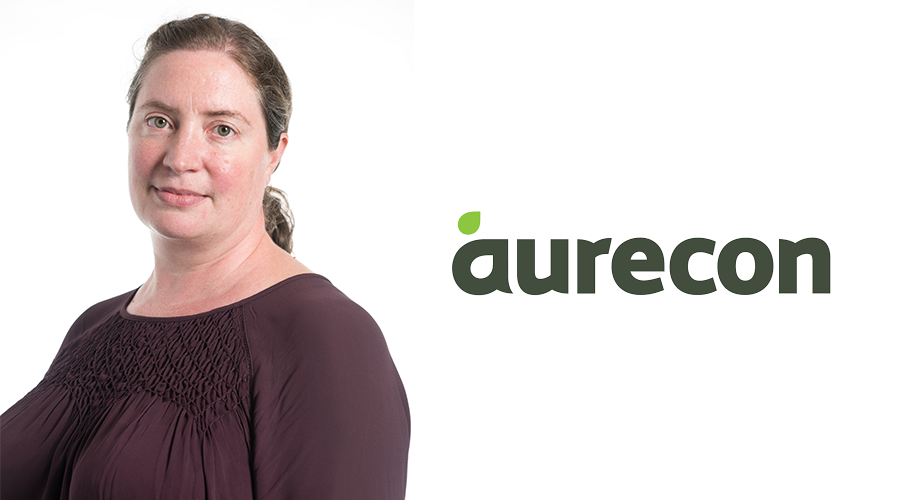Arcadis and Mott MacDonald Awarded Sydney Metro City & Southwest – Southwest Metro Design Services Contract
A $26 million contract has been awarded to help deliver the metro upgrade of the T3 Bankstown Line between Sydenham and Bankstown.
Metron T2M, a joint venture between Arcadis Australia Pacific Pty Ltd and Mott MacDonald Australia Pty Ltd, will deliver design services for the stations and the railway corridor between Marrickville and Punchbowl.
The metro upgrade means all 11 stations will be fully accessible, including:
- delivering lifts for the first time at Punchbowl, Wiley Park, Canterbury, Hurlstone Park and Dulwich Hill stations;
- configuring platforms to be level with train doors, removing the step up into the train which is common at many stations on the line.
Sydney Metro is Australia’s biggest public transport project, delivering 31 stations and 66 kilometres of new metro rail, revolutionising the way Australia’s biggest city travels.
Sydney Metro City & Southwest extends the metro rail 30 kilometres from the end of Sydney Metro Northwest at Chatswood under Sydney Harbour, through new CBD stations and south west to Bankstown.
Phil Kajewski, Managing Director Transportation Australia Pacific, Arcadis: ‘‘This is an incredibly important piece of the Sydney Metro project and we are very excited to help bring this to life. Being able to easily move around our cities is critical not only to the sustainable growth of our cities but to the quality of life of our citizens.
“Our scope of works includes the upgrade of nine train stations along the Bankstown line to enable them to accommodate the new fleet of single deck, frequently stopping, driver-less trains. Arcadis’ scope also includes the upgrade of the rail systems along the 14km corridor between stations,’‘ said Kajewski.
The T3 Bankstown Line creates a significant bottleneck for the existing rail network – it effectively slows down the network because of the way it merges with other railway lines close to the Sydney CBD. By moving Bankstown Line services to the new standalone metro system, we can remove this bottleneck and provide more reliable journeys for customers from all across Sydney.
Community feedback helps shape Sydney Metro Bankstown Line upgrade. Following community feedback, there will be reduced closures of the Bankstown Line while it is being upgraded to Sydney Metro railway standards.
The heritage character of stations along the 122-year-old T3 Bankstown Line will also be retained following community feedback for the Sydenham to Bankstown section of Sydney Metro. Customers in Sydney’s south west can expect a world-class Sydney Metro service with more trains, faster travel times and easier access to stations.


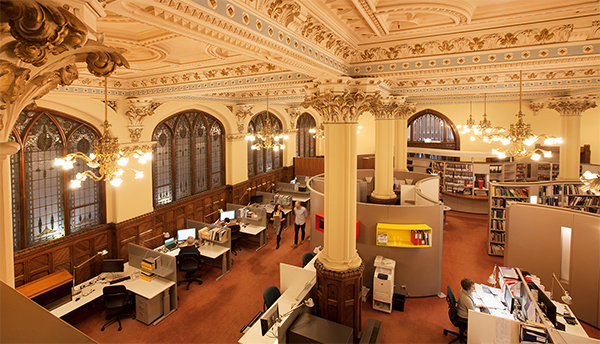
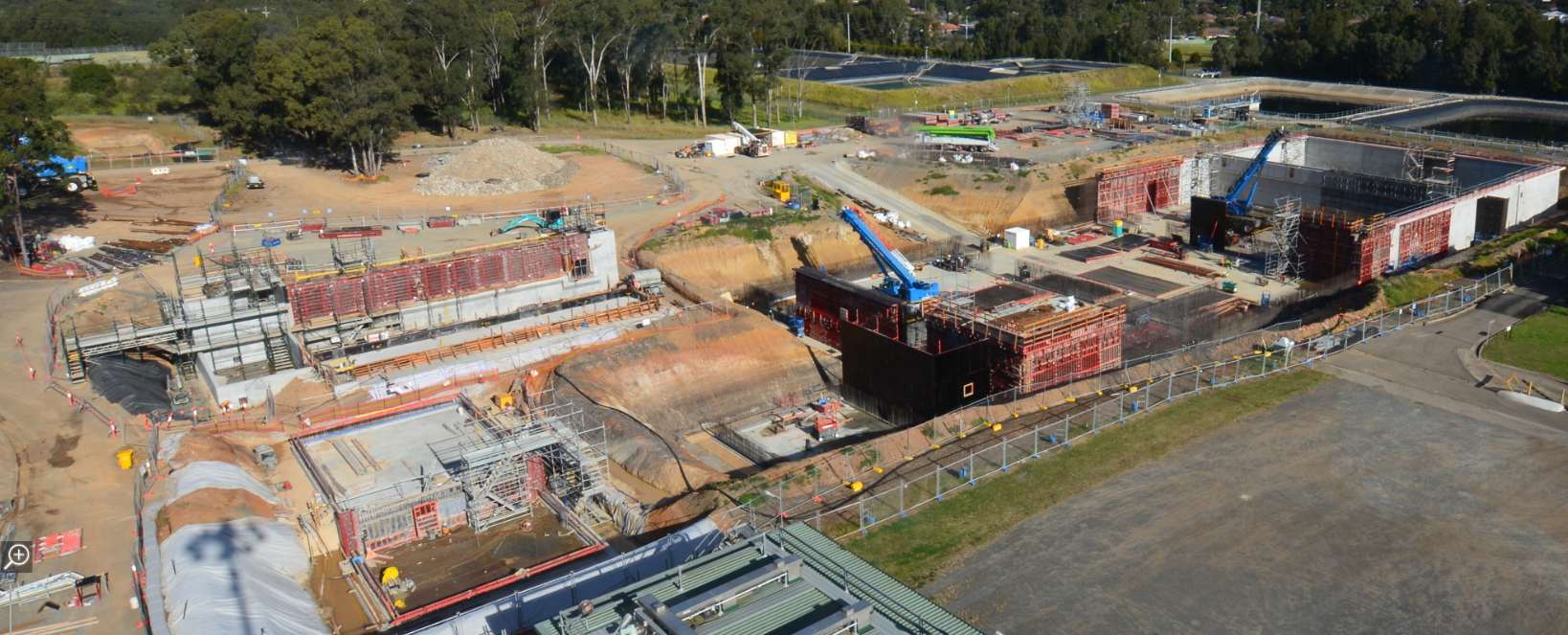
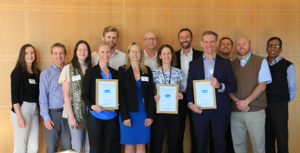
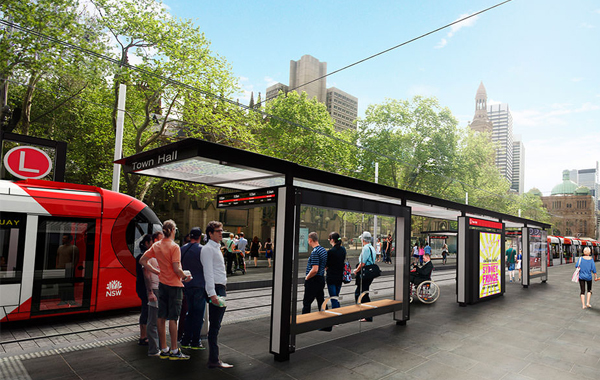


/mou-website.png.aspx)
/sara.png.aspx)
